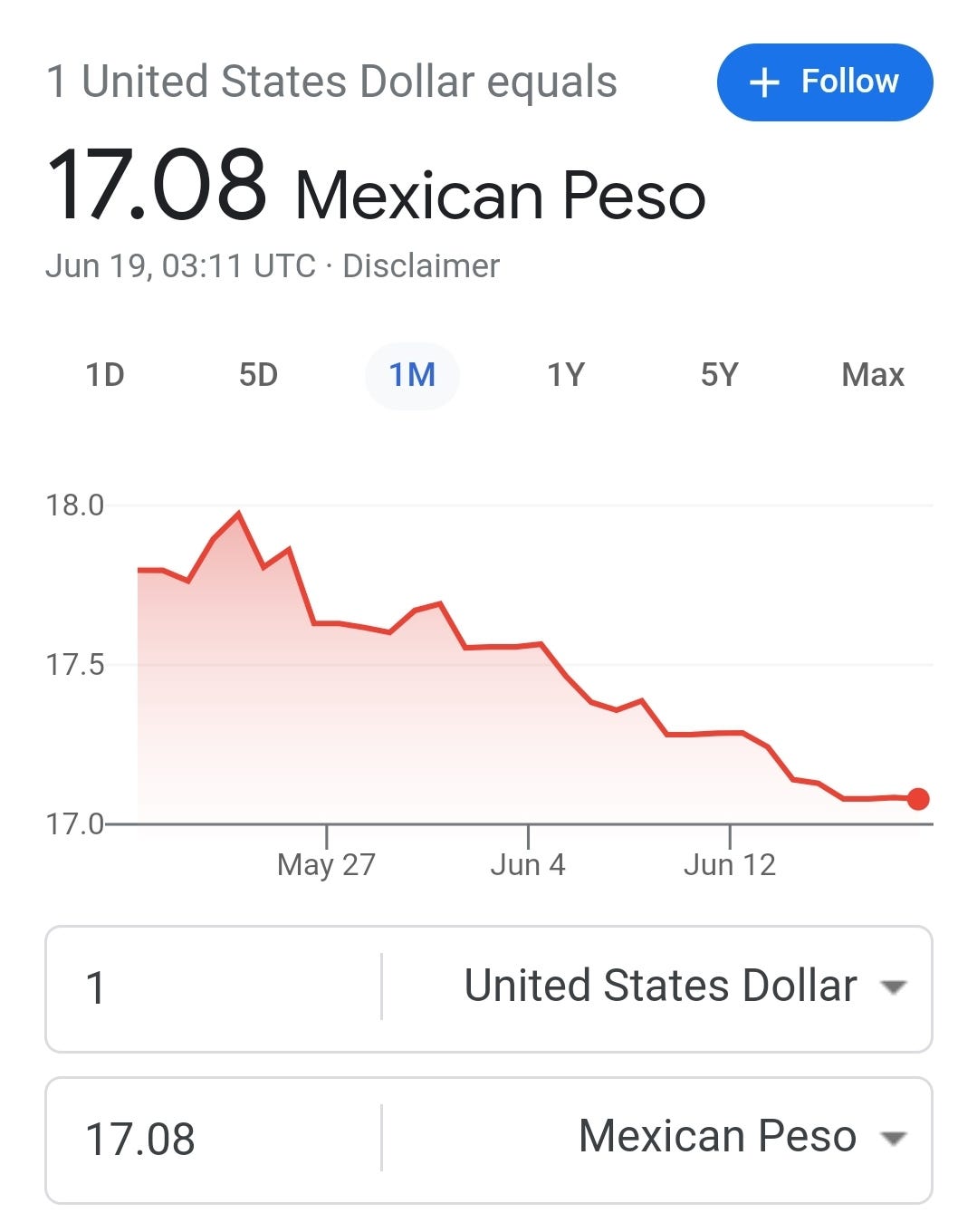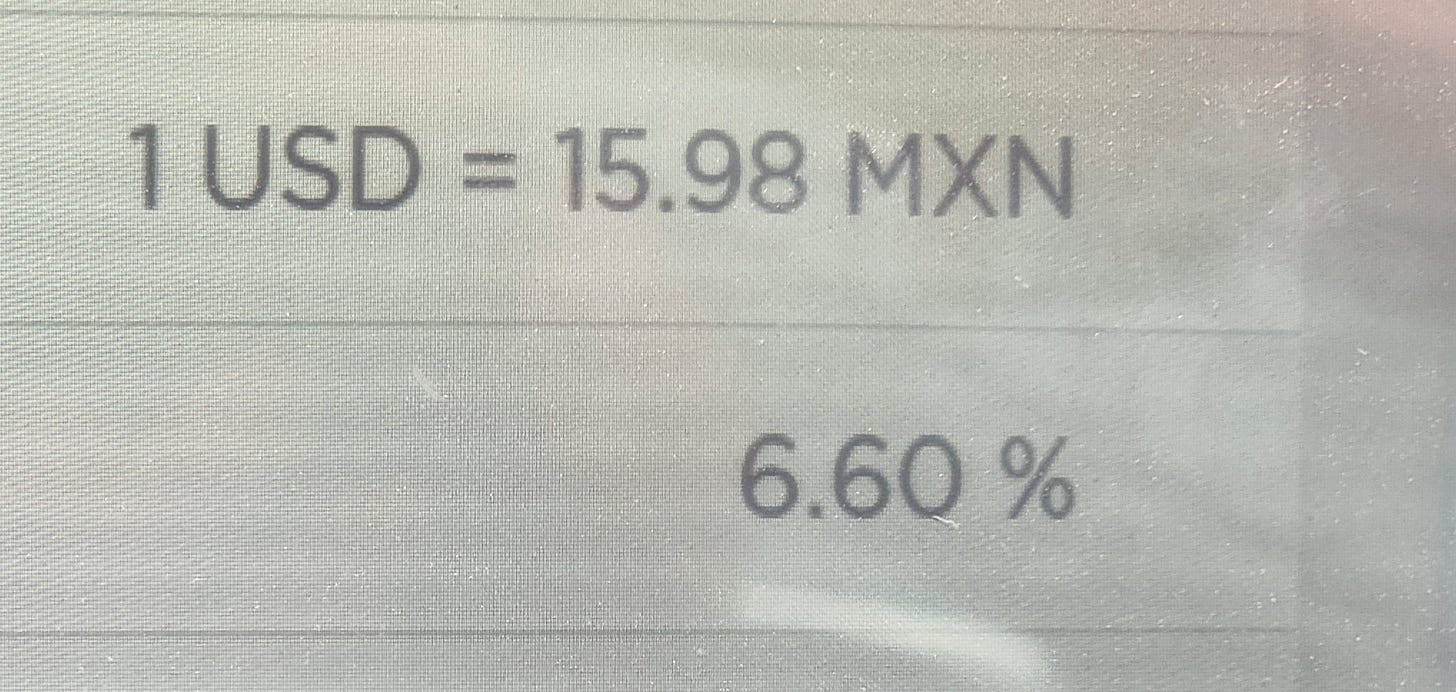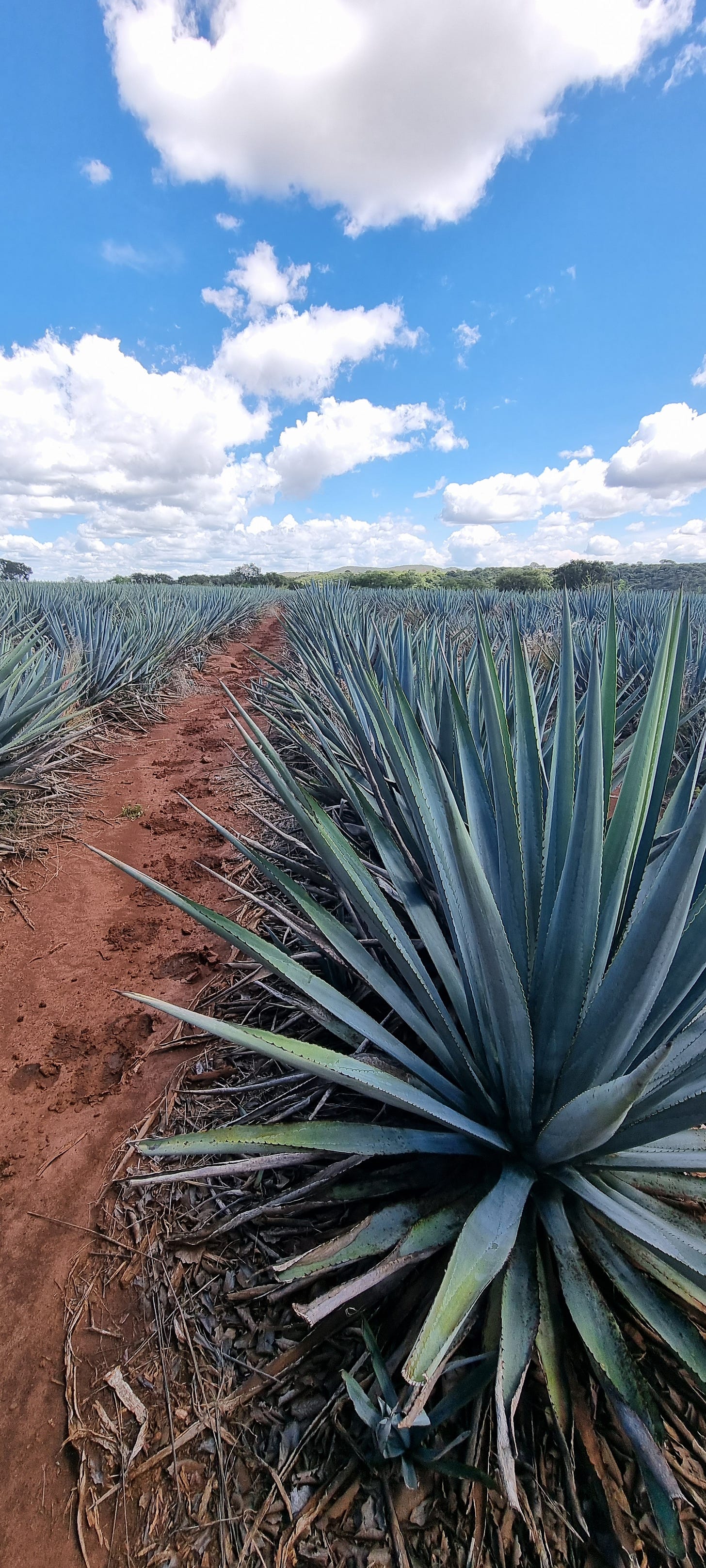Welcome to our weekly newsletter!
I wanted to share the fascinating legend of how Tequila and Mezcal came to be, but today I feel compelled to discuss something that I find incredibly important: why Agave Spirits come with a price tag. It's crucial for all of us to understand the immense challenges faced by the industry, especially for small companies trying to make their mark in the market.
Recently, I came across a thought-provoking post by Jeff Ernst on my LinkedIn profile, and it inspired me to amplify his message about the mathematics behind Agave spirits. I want to express my gratitude to Jeff for sharing his insights, and all credit goes to him!
Let's talk about the numbers behind Tequila and Mezcal.
To produce just one liter of 100% agave Tequila or Mezcal with 55% alcohol content, it takes approximately 8 kilograms of agave. That's assuming everything goes smoothly, with high levels of sugar extraction during cooking and crushing. However, in reality, some distilleries may require even more agave, sometimes up to 10 kilograms.
Now, let's focus on the Agave variety known as Agave Tequilana, also called Blue Weber Agave. Until recently, the price of agave had been soaring, reaching a record-breaking 30 pesos per kilo, and sometimes even higher. This increase in price had severe implications, forcing many distilleries and brands to either raise their prices significantly or halt production altogether.
Let's do some quick calculations. With 8 kilograms of agave priced at 30 pesos per kilo, the cost of agave alone for a 1-liter bottle comes to around 240 pesos. If we dilute the Tequila/Mezcal to 40% and package it in a 750ml bottle, the cost of agave alone accounts for roughly 130 pesos.
But that's not all. We also need to consider the exchange rate, which can complicate matters. Currently, we are experiencing what is known as the Super Peso, where the exchange rate is around $17.08 pesos to 1 US Dollar.
As a result, even though the price of agave may have dropped to 25-27 pesos per kilo—an average decrease of 18%—approximately 16% is lost due to currency translation. This percentage may vary depending on the bank, with some offering as low as $15.98 pesos for 1 US Dollar.
BANORTE ATM
Taking all these factors into account, the producer is left with approximately $7.63 to $8.20 for the cost of agave alone. But that's just the beginning. We shouldn't forget about the additional raw costs, such as bottles, labels, caps, cartons, and more, which can raise the cost to $10 to $11 per bottle.
And that's not the end of it. There are many other expenses involved before the product reaches store shelves. These include labor at the distillery, fuel for cooking, handling, shredding, crushing, fermentation, distillation, bottling, packaging, marketing, social media, sponsored events, publications, transportation, taxes, warehouse fees, distributor costs, retailer expenses and the list goes on. When we consider the complexities of the US three-tier system and all the associated costs, the price on the shelf can easily become four times, five times higher than when it left the distillery.
It's easy to complain about the price, but it's crucial to understand that no layer in the distribution chain—whether importer, distributor, or retailer—is making more than a 30% margin to cover all the business expenses. In reality, each layer operates on slim profit margins once all costs are factored in.
So, if you've ever wondered why it's challenging to find a truly exceptional bottle of Tequila or Mezcal at an affordable price, it all comes down to the math.
Moreover, it's important for people to know the facts and the financial cost of waiting 7 years for Agave to reach full maturity, as we do at LA LEYENDA Mezcal, where we use 100% PURE Full Term Blue Agave.
Agave spirits will never be cheap due to the lengthy production cycle and the numerous details involved. While some massive production facilities use different methods and calculations, resulting in significant differences, it's worth noting that when it comes to Mixto Tequila they are allowed to use these methods and they can utilize up to 49% of all kinds of sugars.
We should also consider the internal and external costs of money, as well as shipping costs from Mexico to your local store or restaurant.
Therefore, it becomes challenging to explain to industry insiders and consumers alike why a genuinely exceptional bottle of Agave Spirits cannot be sold at a low price.
Let's also address the growing prevalence of diffusors in the Tequila industry, which may soon impact Mezcal as well. While diffusors significantly reduce the amount of raw agave required, with just 3 to 4 kilograms needed for 1 liter of Tequila, there are downsides. This method doesn't require ripe agave; even agaves as young as 3 or 4 years old can be used. There's no need for agave cooking either. Instead, the raw starchy juice is pressed and converted into syrup, which is then fermented, usually diluted with some "proprietary yeast." Copper pot stills are unnecessary for distilling such brews. However, products made through this process often lack quality and authenticity, with an abundance of vanilla and agave additives. Let's refrain from supporting diffusor-made low-quality products.
We believe it's essential to share these insights and facts with our readers. It's not just about the numbers; it's about appreciating the craftsmanship, dedication, and sacrifices involved in bringing you an exceptional bottle of Agave Spirits.
I hope this explanation sheds light on the complexity of the Agave Spirits industry and helps you appreciate the true value behind each bottle of Tequila and Mezcal. Don't forget to subscribe, like, and share this newsletter with fellow Agave enthusiasts, spreading awareness of the hard work and dedication involved in crafting exceptional spirits.
Join us in the movement to restore the Legend of Full Term Blue Agave! This newsletter was brought to you by LA LEYENDA Mezcal, where we use 100% PURE Full Term Blue Agave.
Stay tuned for more exciting updates in our next newsletter!
Salud! 🇲🇽🇲🇽🥃🥃🇲🇽🇲🇽
Alejandro Sanchez










